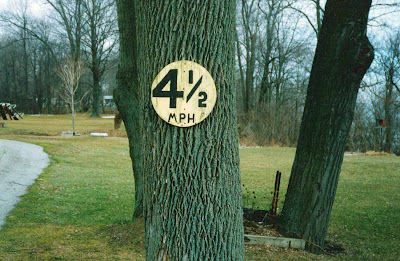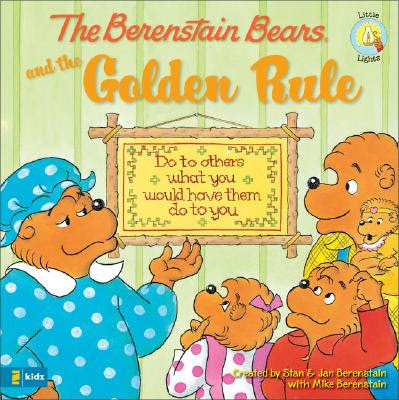The definition of constructive criticism, from Dictionary.com: "criticism or advice that is useful and intended to help or improve something, often with an offer of possible solutions."
Raise your hand if you've experienced criticism that was not, ah, quite so constructive.
Yeah, I thought so.
If you're getting your work out there, bad critiques are unavoidable. But you can take steps to make sure your notes on others' work are as constructive as possible.
One method is the sandwich technique. This means to buffer each piece of negative feedback with two compliments.
Okay, maybe not quite like the graphic. But the sandwich method can be a way to soften the blow of relaying legitimate problems with the manuscript. If you don't tell the writer anything but the parts that weren't working, he or she will probably feel like you hated everything about the work, which usually isn't the case.
Another important point to remember when critiquing is to be specific. There's very little worse than getting notes back on your chapters or manuscript like "I just found the main character very unlikeable" or "the plot seemed unbelievable."
Of course, it's great to give the writer your gut reactions, but then follow it up by pointing out specific parts in the manuscript that caused that reaction (e.g. "After he punched his grandmother in the face, I found that I didn't like him much anymore"). Rule of thumb: specific feedback gives the writer things to fix.
 |
| Be specific. Very specific. |




No comments:
Post a Comment